IUFRO Spotlight #88 – Using a social science lens on the forest bioeconomy
IUFRO Spotlight #88 – Using a social science lens on the forest bioeconomy

In many countries, forests are important sources of renewable biomass and figure prominently in bioeconomy strategies.
Forests can be stretched beyond their traditional applications and used in textiles, chemicals, and cross-laminated timber, among other things, and can provide climate and ecological benefits, lead to rural employment opportunities and add to regional growth.
Read more…The world is fighting forest fires in the midst of a pandemic
The world is fighting forest fires in the midst of a pandemic
Interview with Dr. Andrey Krasovskiy originally published in French: https://journalmetro.com/perspective/2477417/monde-lutte-feux-de-foret-pandemie/
On 25 June 2020 by Miguel Velazquez, Métro World News
Dr. Andrey Krasovskiy is a Research Scholar working with the Ecosystems Services and Management Program (ESM) of the International Institute for Applied Systems Analysis (IIASA), Austria: https://iiasa.ac.at/
He is a Member of the IUFRO Task Force “Fire$: Economic Drivers of Global Wildland Fire Activity”: https://www.iufro.org/science/task-forces/global-wildland-fire-activity/
Q: What is the outlook for forest fires this year?
Forest fires are likely to keep the dynamics from previous years. Along with the problematic regions, such as Amazon, where forest fires are driven by deforestation, and Indonesia, where extremely vulnerable peatland areas are located, considerable fire events are to be expected in boreal forests of Russia, the US, and Canada. The forest fires might also show relative increase compared to previous years in Central European countries. There is a danger that post-quarantine human activities will further add to forest fire frequency in the Mediterranean region, as well as globally.
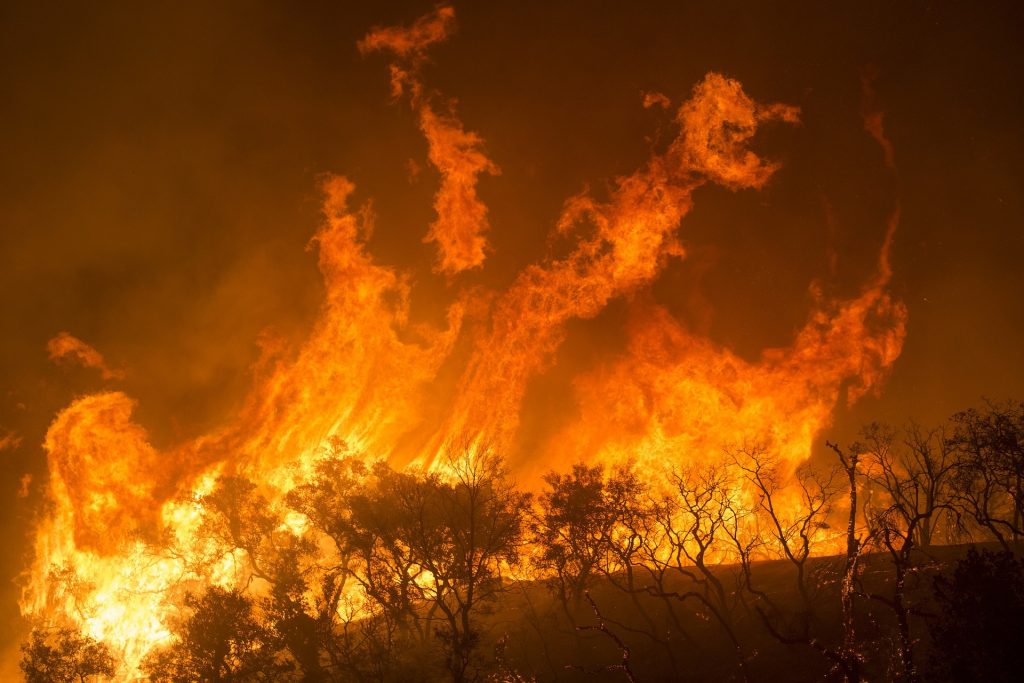
IUFRO Spotlight #76 – Transforming Forest Landscapes to Meet Current and Future Needs and Challenges
IUFRO Spotlight #76 –Transforming Forest Landscapes to Meet Current and Future Needs and Challenges
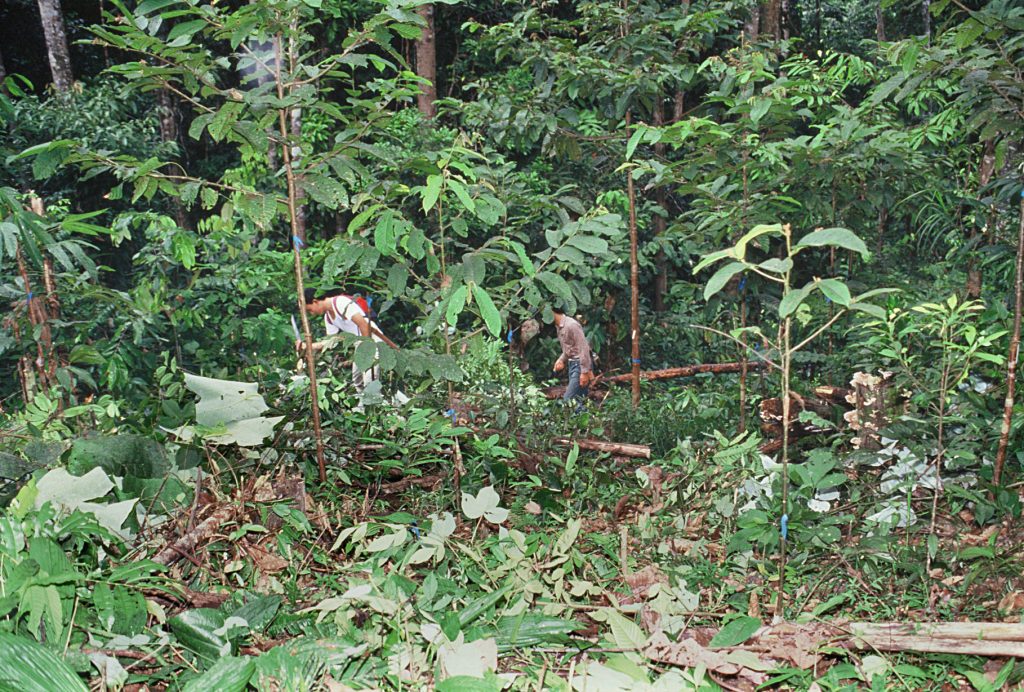
“Forest landscapes (FLs) are often the basis of local economies and social identity,” said Professor Andreas Bolte, Head of Institute at the Thünen Institute of Forest Ecosystems in Eberswalde Germany.
“In past, many forests have been heavily degraded by unsustainable practices, and today they are still under heavy pressure worldwide through the loss and degradation of forests, conversion to other land uses and, increasingly, climate change,” he said.
Read more…IUFRO Spotlight #75 – IUFRO Task Forces: A multi-disciplinary approach to addressing forest challenges around the globe
IUFRO Spotlight #75 – IUFRO Task Forces: A multi-disciplinary approach to addressing forest challenges around the globe
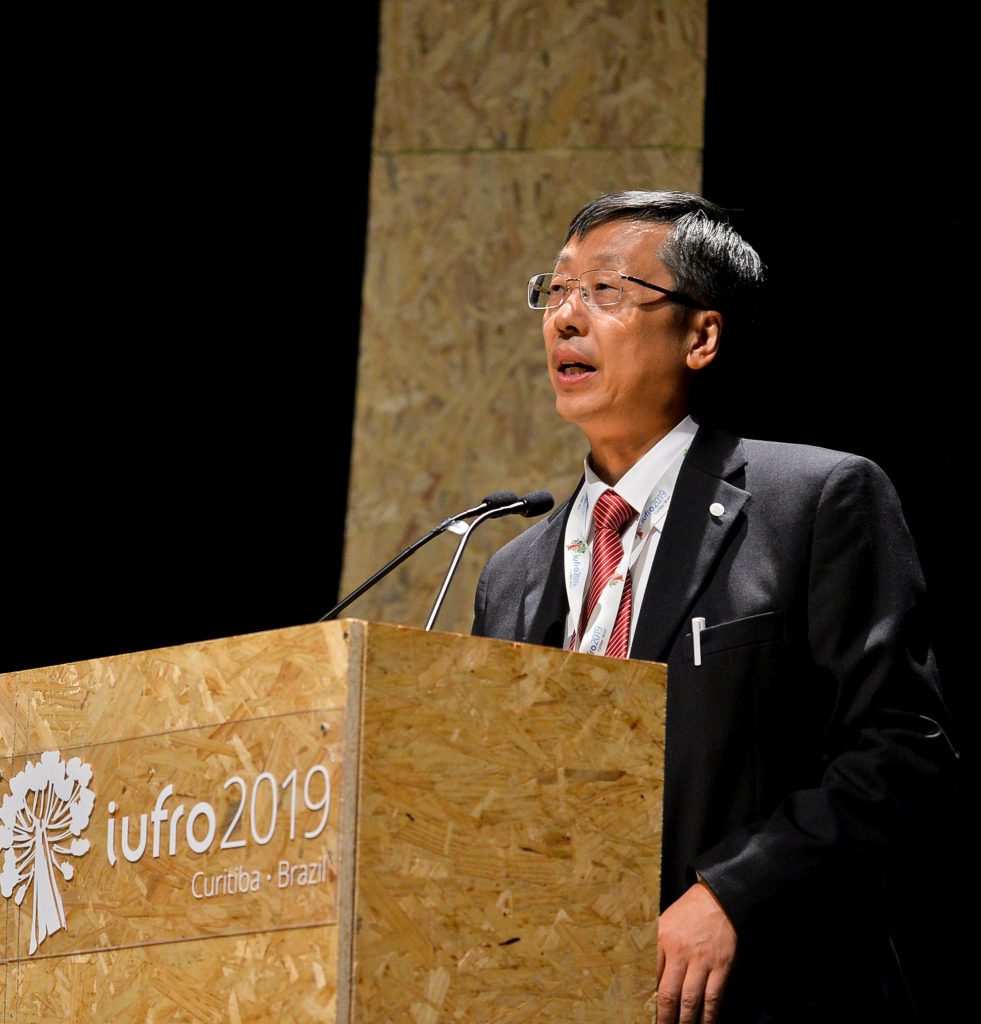
Current forest-related challenges are best addressed from a multi-disciplinary perspective.
Integrating knowledge from biophysical and socioeconomic sciences can provide more complete analyses of forest issues. These, in turn, are of more direct value to forest decision makers and practitioners.
That’s one of the primary reasons underlying the IUFRO Task Forces (TFs).
“The TFs serve as the platforms for scientists from different disciplines to work together and contribute their wisdom to the most pressing forest issues and international challenges,” said Dr. Shirong Liu, IUFRO Vice-President for Task Forces.
Read more…Forest Restoration: enabling environment and mobilizing stakeholder’s support in Guatemala
With the Archaeological Park and Ruins of Quirigua, a protected UNESCO World Heritage Site, and its national tree, Ceiba sp., the fifth blog post is in Guatemala. The name of the project is Chimaltenango Restoration Initiative, in Guatemala, Central Highlands.
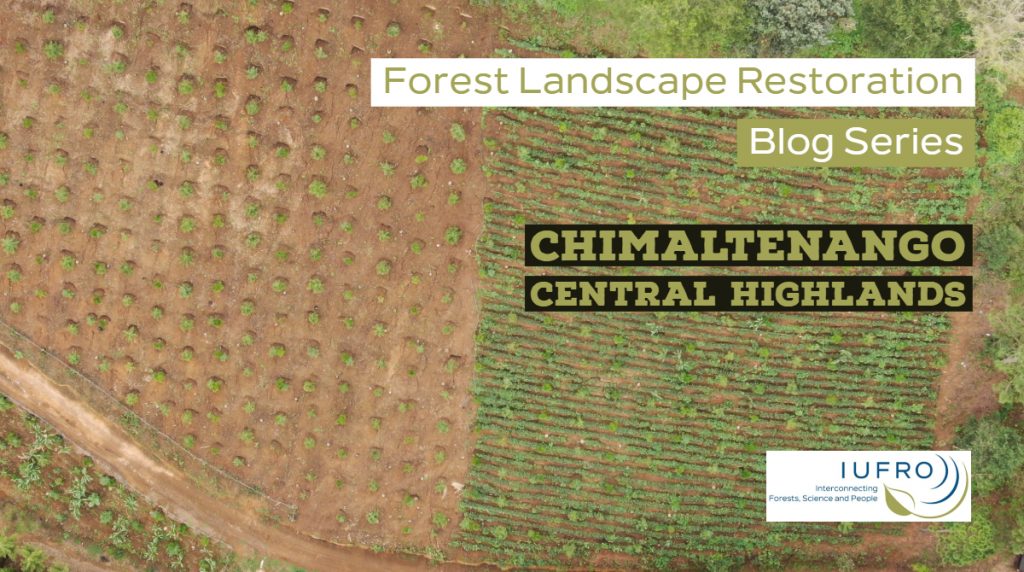
Congress Spotlight #73 – A Quest for Fairness in Forest Management Decisions: Integrating Indigenous Rights, Practices and Knowledge
Congress Spotlight #73 – A Quest for Fairness in Forest Management Decisions: Integrating Indigenous Rights, Practices and Knowledge
“The practices, rights and knowledge of Indigenous Peoples in forestry are being increasingly recognized by national policies, international treaties and by business arrangements such as certification,” said Dr. Stephen Wyatt of the School of Forestry at the University of Moncton in New Brunswick, Canada.

“But,” he said, “actually putting these into practice is challenging.”
Read more…How will the Sustainable Development Goals affect forests and people?
How will the Sustainable Development Goals affect forests and people?
Since Agenda 2030 was launched in 2015, plenty of attention has been paid to the contributions which forests can make to its 17 Sustainable Development Goals (SDGs). However, relatively little attention has been given to the possible impacts which the SDGs will have on forests, forest ecosystems and people benefitting from forests, and how this might contribute to, or undermine, the role forests play in improving human well-being and protecting the environment.
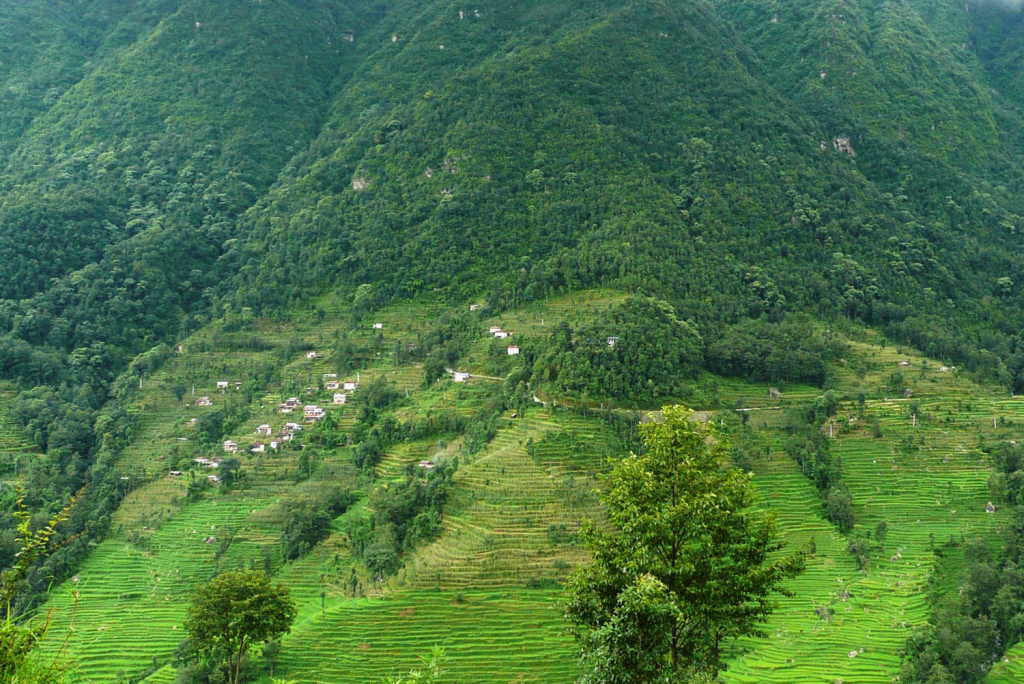
Congress Spotlight #69 – Sifting through underlying values and ethics to make sound nature management decisions
Congress Spotlight #69 – Sifting through underlying values and ethics to make sound nature management decisions
How does one decide how to manage a forest ethically?
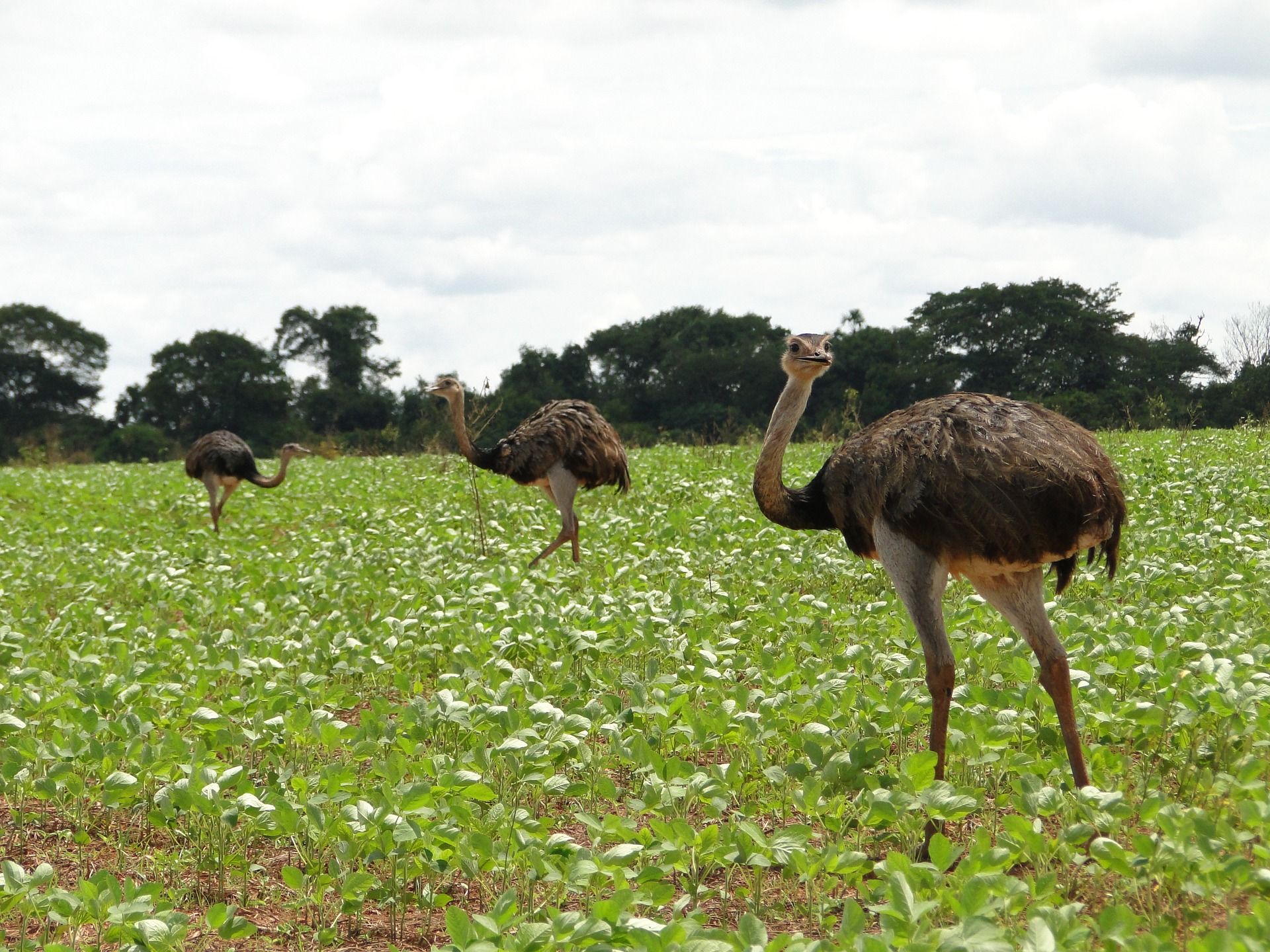
One could simply say: do the right thing. But, the right thing for whom? And defining right and wrong – concepts that can vary according to moral climate or individual circumstance – is not all that simple.
Read more…IUFRO Spotlight #65 – Tying up loose ends in gender equality in forestry
IUFRO Spotlight #65 – Tying up loose ends in gender equality in forestry
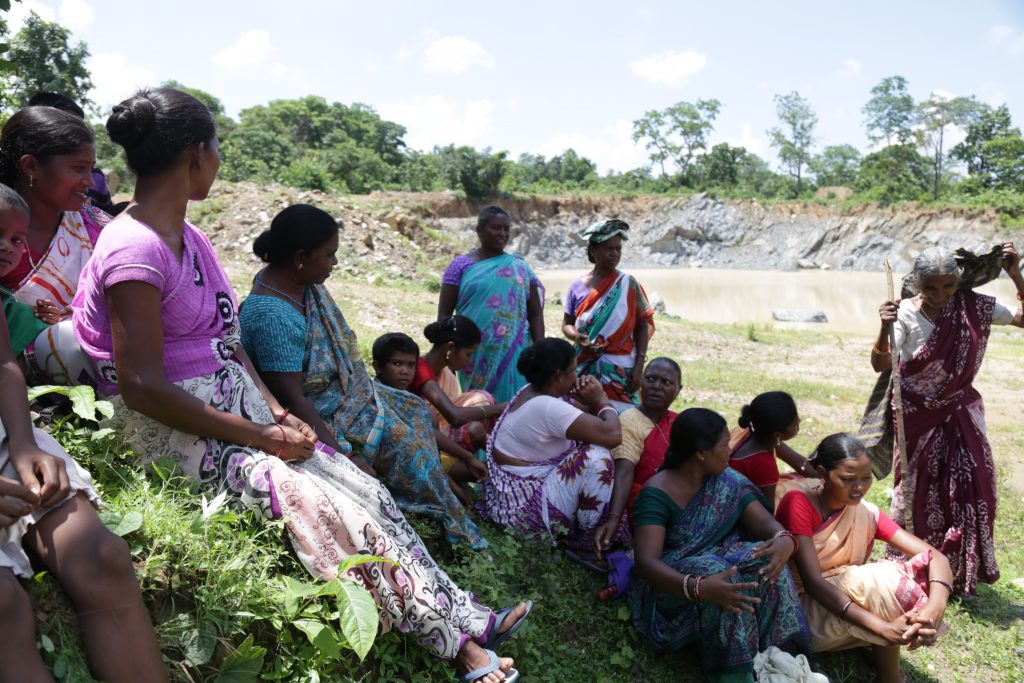
“In recent years gender equality in forestry has received a lot of attention – or lip service, anyway – but that’s not good enough. There exist a lot of loose ends at the practice and at the policy level,” said Dr. Purabi Bose, author, social environmental scientist, filmmaker and deputy coordinator of the IUFRO Gender and Forestry Research Group.
Read more…Ancient Woodlands and Trees: A Guide for Landscape Planners and Forest Managers
Ancient woodlands, trees and forests are at the very core of many global landscapes. However, understanding the resource which these living landscapes provide requires genuinely multi-disciplinary research.
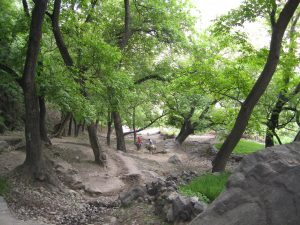 Consequently, the book “Ancient Woodlands and Trees: A Guide for Landscape Planners and Forest Managers”, which was recently published as IUFRO World Series 37, has gathered contributions by leading experts in ecology, history, heritage, and management of ancient trees, ancient woodlands and forests. Taking trees, woods and forests as eco-cultural resources, the authors explore ecology and nature, history, tradition and heritage, and the evidence base of archaeology, literature, and archives. Read more…
Consequently, the book “Ancient Woodlands and Trees: A Guide for Landscape Planners and Forest Managers”, which was recently published as IUFRO World Series 37, has gathered contributions by leading experts in ecology, history, heritage, and management of ancient trees, ancient woodlands and forests. Taking trees, woods and forests as eco-cultural resources, the authors explore ecology and nature, history, tradition and heritage, and the evidence base of archaeology, literature, and archives. Read more…
